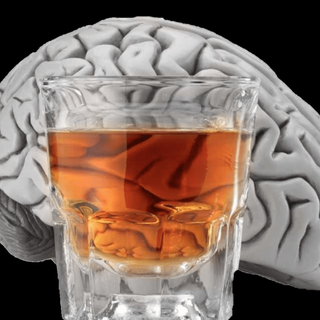“A drug user is either a celebrity or a criminal, or that’s how much of the media see it,” Leo Barasi, activist and author, writes for Open Democracy.
Unfortunately in society, the latter descriptor abounds. So much so that those trying to recover from addiction not only have to battle the biological changes that accompany addiction recovery, but also have to tackle the stigma related to drug and alcohol addiction — in the workplace, with friends and family, from neighbors, and every other institution.
New research reveals people struggling with drug and alcohol addiction, especially those who are in recovery, experience micro and macro forms of discrimination from the people around them, which makes it harder for them to sustain their recovery progress and which is also detrimental to their mental health.
The findings of the recent study out of Massachusetts General Hospital (MGH), in partnership with Harvard Medical School, and published in the journal Drug and Alcohol Dependence, highlight the different types of discrimination targeted at a sample of 2,002 people in the U.S. who are in recovery from substance abuse. When participants were asked to delineate the kinds of stigma they faced, their responses included “people assumed I was likely to relapse,” or “people said I looked like an alcoholic or addict.”
Aside from social transgressions, researchers found 16.2% were denied jobs, 9.4% said they were denied housing opportunities, 7.7% said they were denied the right to vote, and 15% said they weren’t given insurance, by those who knew of their drug or alcohol history.
Related on The Swaddle:
What Are Opioid Painkillers and How Do They Lead to Addiction?
They felt they were being “held to a higher standard than other people,” and 18% also reported they “felt like they had been treated unfairly by the police,” lead author Corrie L. Vilsaint, PhD, a research fellow at MGH, said in a statement. Researchers found participants who had suffered through more discrimination reported greater levels of psychological distress and a lower quality of life and had fewer resources to recover from their addiction.
Ironically, employment, housing, and insurance are some of the societal benefits that can aid in drug and alcohol addiction recovery, since they provide stability to the person already going through turmoil in their recovery process. “Public hostility can even make it harder for people with dependence problems to get the treatment they need to help rebuild their lives. The fear of being exposed as someone with a drug problem can deter them from going to a pharmacy to collect prescriptions for methadone, for example, which could provide the stability they need to stop using street drugs,” Barasi writes. This hostility is not just from society at large, but also from medical professionals assigned to help those struggling with recovery get better, research from U.K. Drug Policy Commission finds.
“These findings have social and policy implications,” Vilsaint, of the new study, says. “It is tough enough struggling with the physical and psychological demands of recovery without having to contend with the kinds of discrimination reported fairly frequently here. Some of these residual tolls that you see in these people’s lives from past drug history or past criminal history related to their drug use can block them from seeking addiction recovery, block them from seeking treatment and block them from disclosing that they need help.”




